How to run a coffee business
5 tips by Colin Harmon
It takes a whole lot to run a coffee bar or a coffee house. Colin Harmon, Irish master-barista and owner of the 3fe coffee in Dublin, wrote a whole book about it. In his book What I know about running coffee shops Harmon has compiled the best of insights based on his own experiences for anyone who wants to run their own coffee bar. Here are five of the insights people may not have come up with by themselves yet.
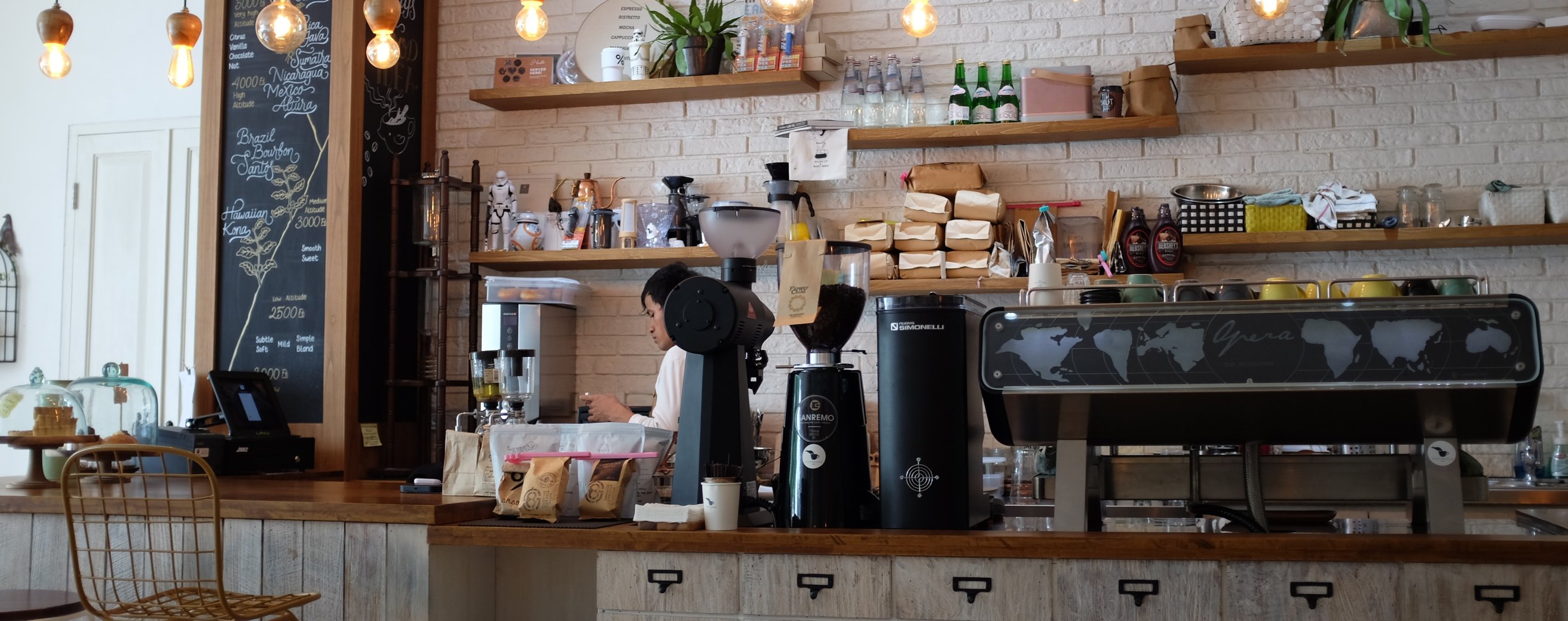

1. Away with the loyalty card
It is a well-known phenomenon in the coffee world: the loyalty card. The customer receives a stamp for every hot drink he pays for and a free coffee for a full card. Such a 'loyalty card', as Colin calls it, is not a good idea in the eyes of the Irish. "Coffee bar operators should consider the consequences of such a provision carefully, not only from the marketing perspective, but also from a financial point of view. With a loyalty card, you not only build up a certain image, you might even lose money", says Colin Harmon. "If you decide to give a cup of coffee away with every sixth stamp, you will make a name for yourself as a low-cost supplier. This has an influence on how your company is seen and what the customers' expectations are." Although the time card is generally good for customer relationships and loyalty, business owners need to check that the card doesn't cost more than it brings in. So ask yourself honestly: Is it time to scrap the card?
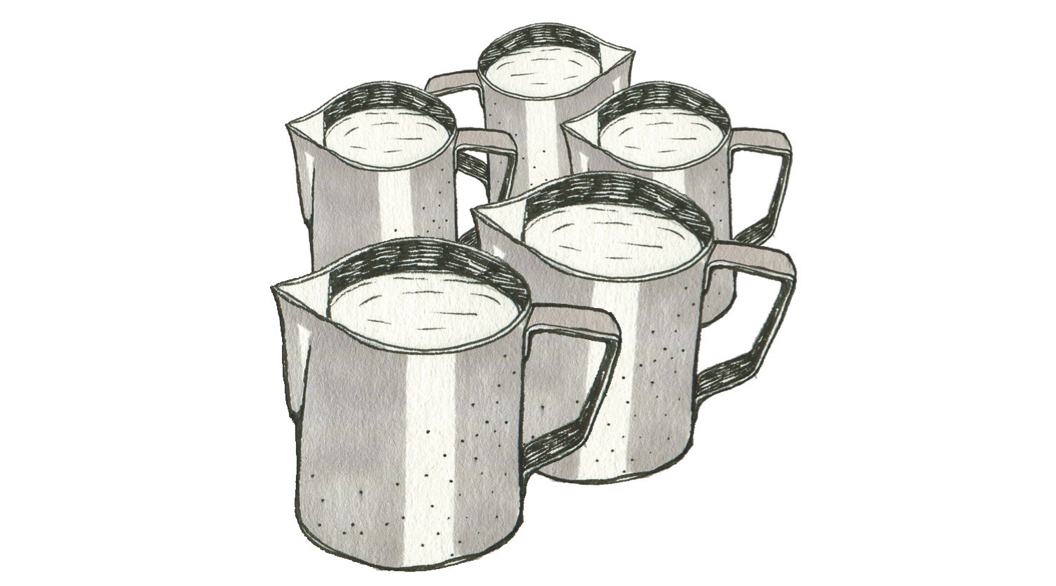
2. One person is responsible for the foaming of the milk
As soon as coffee bars start getting more customers, additional espresso machines are often procured. According to Harmon, this is not the best way to make more coffee. Cappuccinos and lattes are often the most popular types of coffee, and milk foaming is quite the time-consuming process. "I could make twelve espressos while foaming milk for four cappuccinos," says Colin. "Milk slows down your work," says the Irish coffee book author. So what’s the solution? At rush hours, one person should be exclusively given the duty to foam the milk, not to pour or prepare shots. So everyone can concentrate on their task(s) and you can efficiently get through the rush hours of the day.
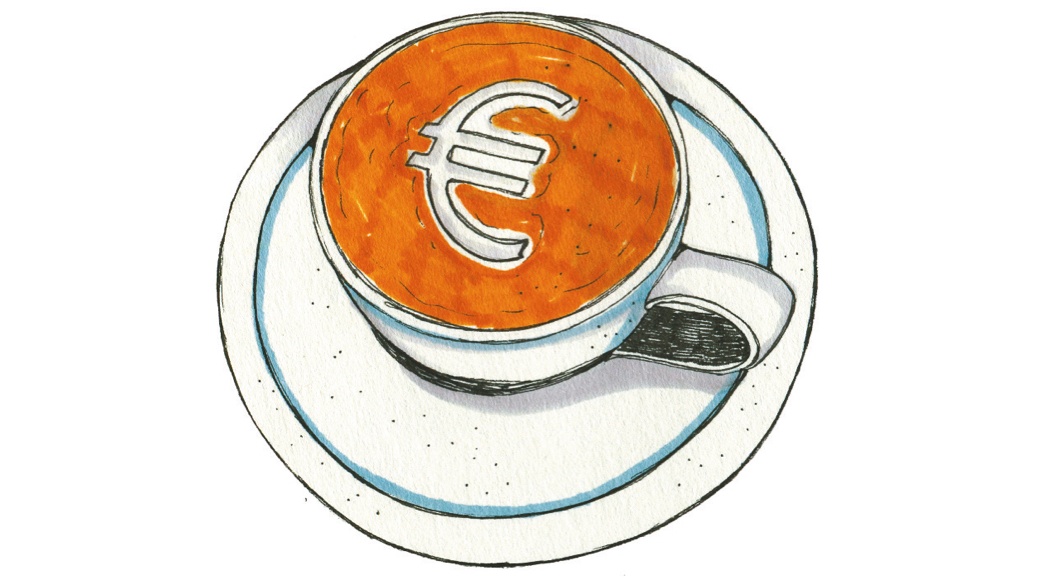
3. No free coffee for family and friends
"Anyone who runs a business has to earn money. Nevertheless, there is often a culture in restaurants, bars and coffee houses where friends and family don't have to pay," Colin writes. Although the master-barista often gave away free coffee during the start-up phase of his 3fe Coffee, he noticed after a while that this actually has zero positive effect - on both the friends and the company. "One evening, a friend came to me and said he was coming to the coffee shop because he wanted to support me. He didn't feel comfortable with the fact that I sent him away without taking any money. That was the moment Harmon decided to let all customers pay the same amount. Not only for the sake of his friends, but also to set a good example for his employees. Because they had also begun
to give away free coffee. Basically: Avoid uncomfortable situations like these and adhere to clear and uniform rules - right from the start".
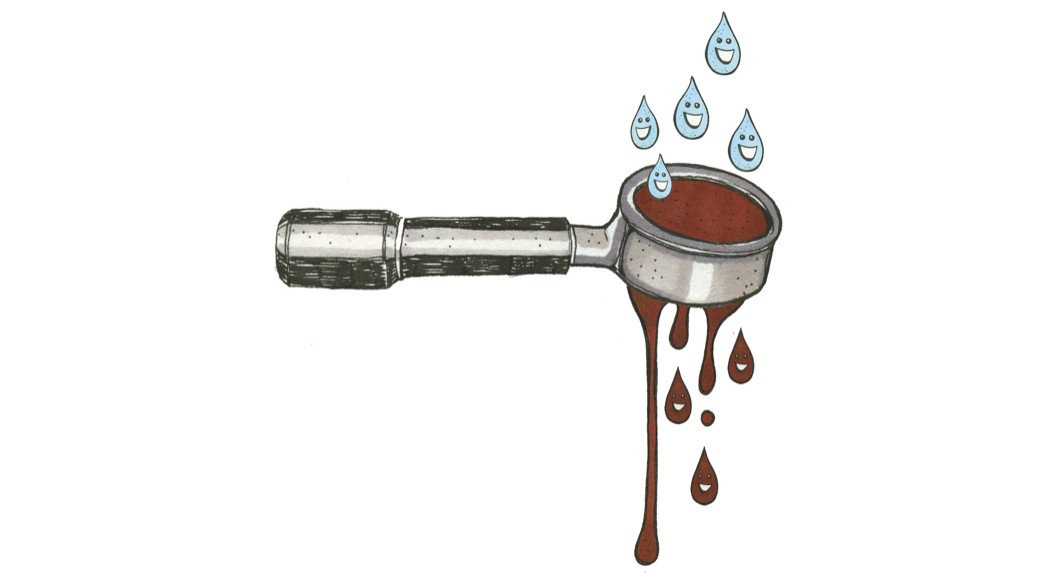
4. Ideal quality of water
Water is very important for the preparation of coffee. After all, it is water for the most part that one drinks when drinking coffee. "Without perfect water, you can't make perfect coffee," says Colin. "The science behind it is complicated, but basically the right components of the water cater for better extraction and taste. Water that is too hard leads to a poorer taste and also to limescale deposits in your machines, whereas soft water causes rust. It is therefore very important to use a water filter system for the espresso machine.”

5. Set your priorities: Knowledge, coffee and equipment (exactly in this order)
Many entrepreneurs who open a coffee bar focus first on equipment, then on coffee and eventually on knowledge. And that's a real shame, according to Harmon. He prefers the reverse order. Do not hesitate to invest in the expertise of your workforce. "It's often a huge leap of faith for owners to invest in employee training, but in my experience it's something that clearly pays off - for the team and your business success."
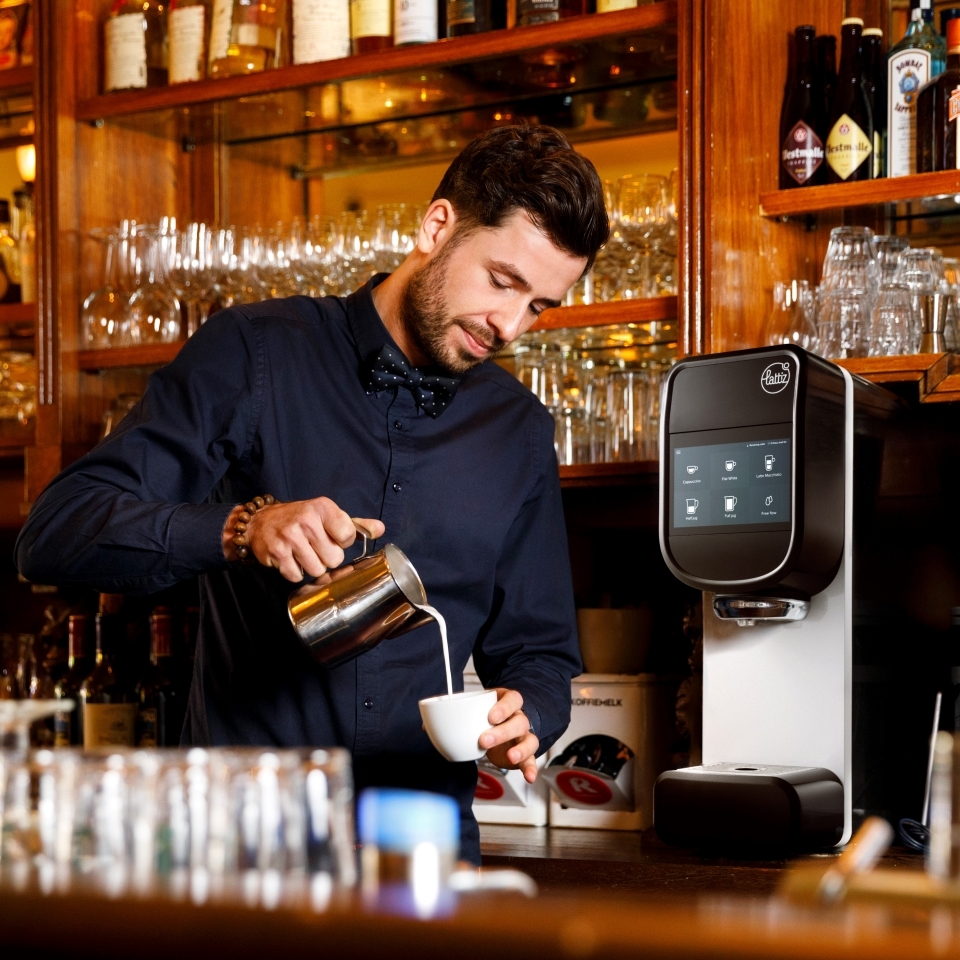
Feel inspired? Experience Lattiz® with a free demo
We'll be happy to show you how it works at your location.
Request a demo